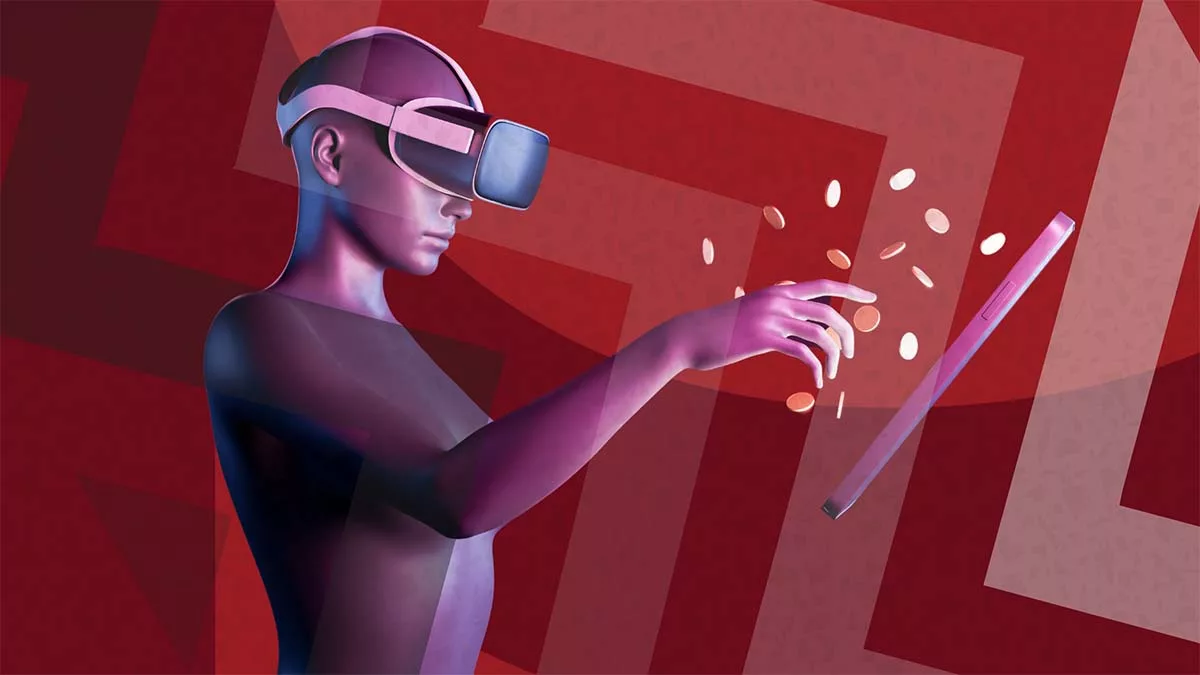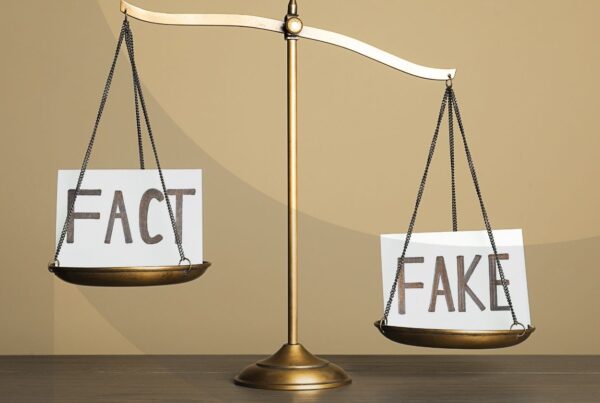By Jennifer Lewis
From our smartphones to tablets and all the various technologies in between, “the metaverse” is changing how we view and interact with the world around us, and how it impacts companies and brands when communicating with their audiences. Traditional marketing has pivoted from print and broadcast advertising to virtual reality, with half of the surveyed marketers reporting they plan to launch a metaverse activation in the next 1-5 years.
The metaverse is defined as an immersive virtual world that is facilitated through virtual reality (VR) and augmented reality (AR). In simpler terms, the metaverse is a digital landscape of cybernetic situations and social connections designed to alter and intensify the world around us.
The metaverse is crucial for Public Relations (PR) professionals and marketers. Just as the introduction to social media changed the course of PR and marketing, the metaverse is equally predicted to transmogrify such industries. Based on Facebook’s new Meta paradigm, the takeover is expected to hit sooner than later.
The metaverse will soon have the ability to ricochet brands into a digital frontier anywhere in the world, increasing visibility beyond what’s currently possible. Antiquated tactics, such as press releases and media advisories may become obsolete, with publicists working to find new ways to attract consumers and keep them engaged. Virtual product placement and brand partnerships will skyrocket to increase awareness and ROI, with brands such as Nike and Balenciaga test-running virtual concepts in the past year. Instead of gifting products to influencers or journalists with hopes of immediate coverage, PR professionals will need to consider gifting metaverse platforms with samples, specifically within gaming platforms such as Fortnite, for heightened brand awareness.
Events pivoted to virtual Zoom conferences during the pandemic, but now with VR, hologram keynote speaking opportunities can be conducted anywhere in the world. For example, John Legend performed to a crowd of digital fans last year through Wave’s VR platform, transforming the singer into an avatar while the “real” John Legend performed in real-time. Similar virtual experiences will begin to riddle the events industries as technology advances, allowing individuals to conduct appearances from a quiet studio or backdrop.
Additionally, brands in the retail space will find shoppers digitally trying on clothes, applying makeup, and walking through virtual fashion houses, filled with designer labels and brands. Influencer marketing will also take an entirely new approach, shifting from engaging with influencers via social media to our living rooms and workspaces, creating fully immersive 3D experiences.
PR and marketing professionals need to better educate themselves and their clients for what’s to come to get ahead of the curve. While the notion of the metaverse can appear intimidating, branding professionals will be presented with new opportunities, that will surely unleash a world unlike anything we’ve encountered before. New frontiers for creativity will be explored, and comfort zones will be challenged, but the result will teach PR and marketers about the next wave of innovation and will open doors to a whole new world.






